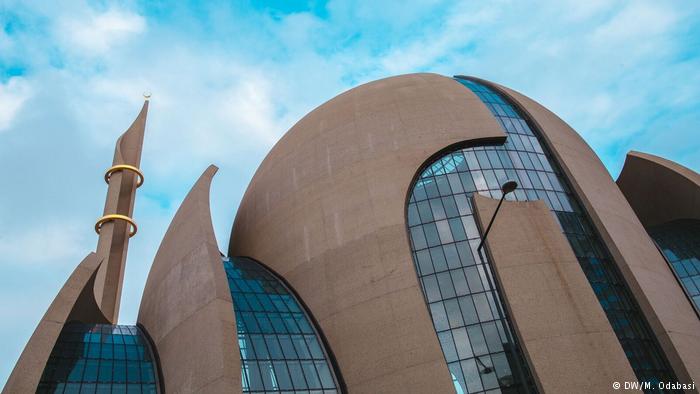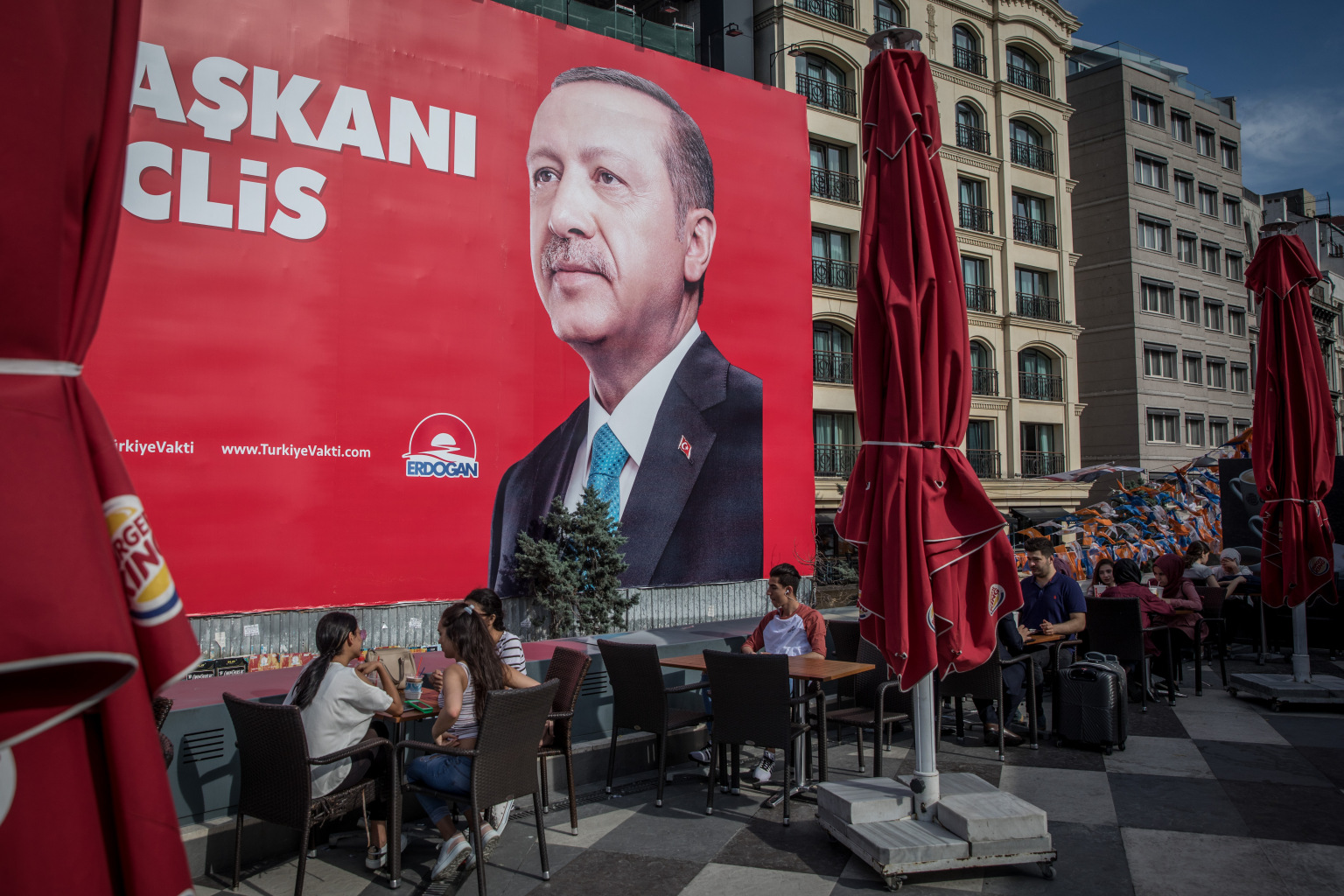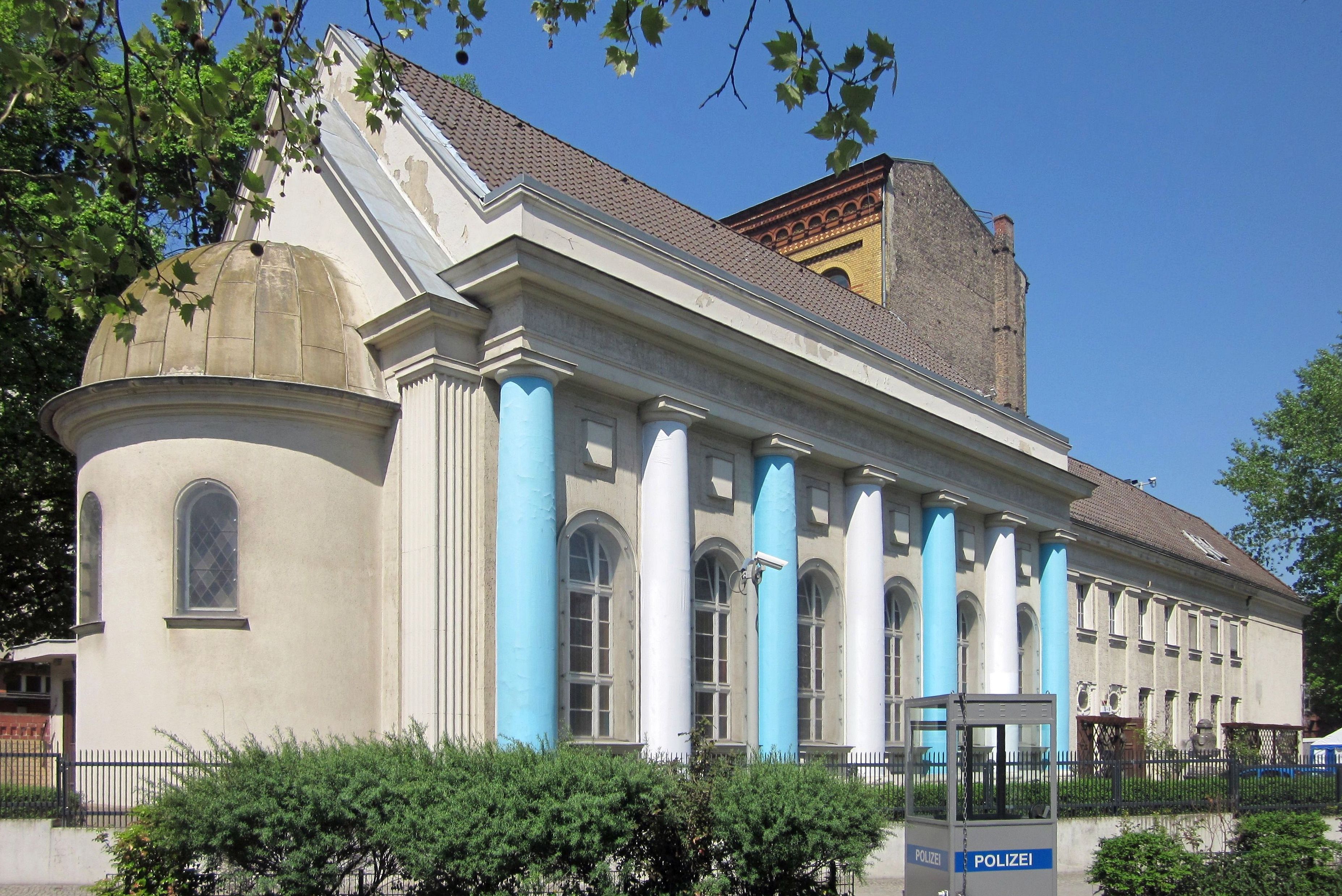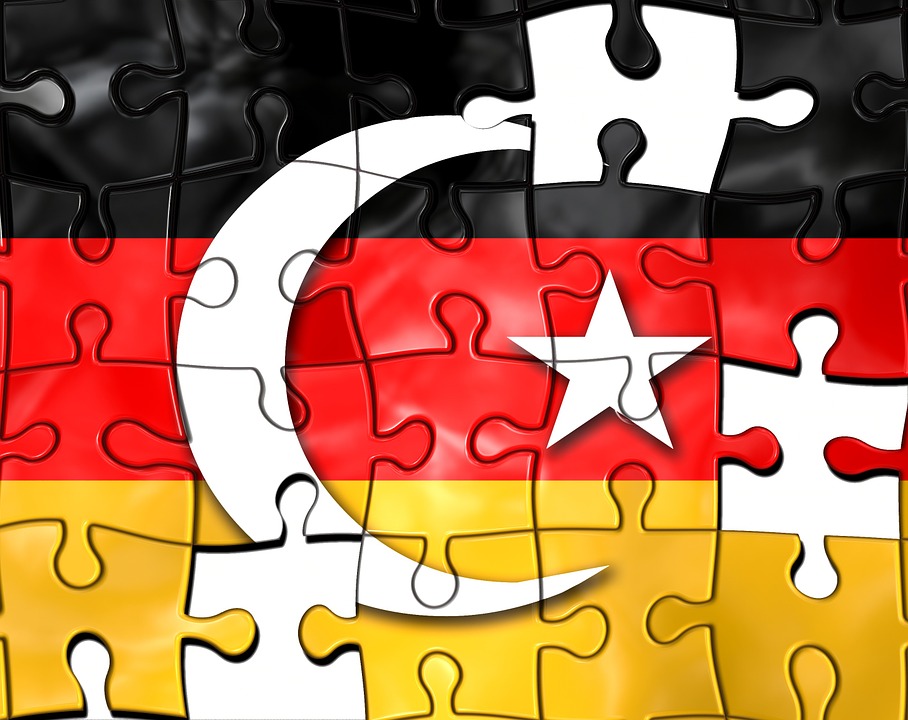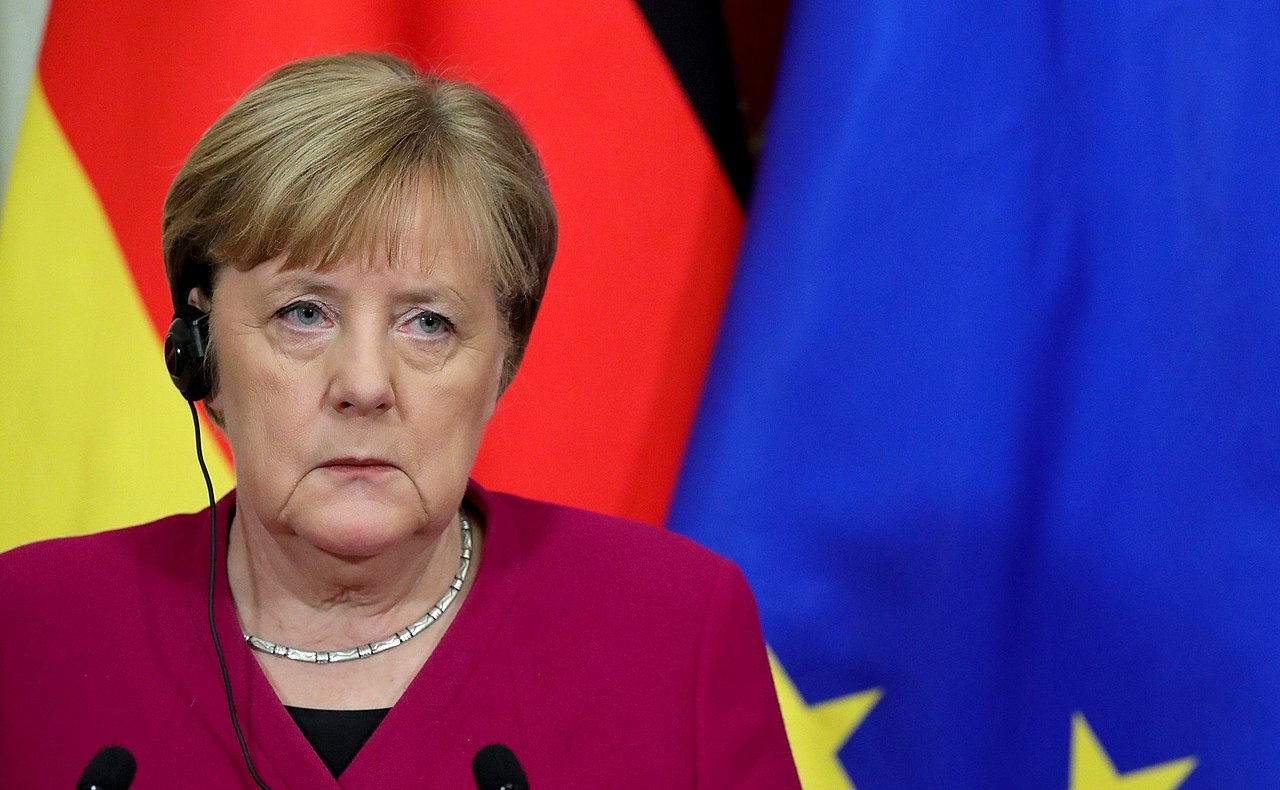
‘Can we manage?’ Anxieties and politicisation in German debates on immigration
On August 31, 2015, Angela Merkel uttered a phrase that many1 have come to see as defining her 15-year tenure in power: in response to growing numbers of refugees arriving primarily from war-torn Syria and Iraq, the German Chancellor stated that “Germany is a strong country. The motive we’re approaching these things with has to…


